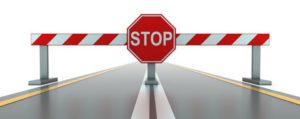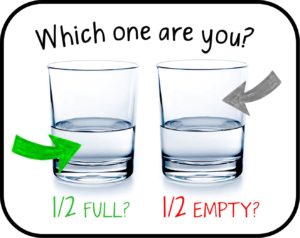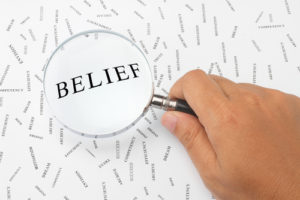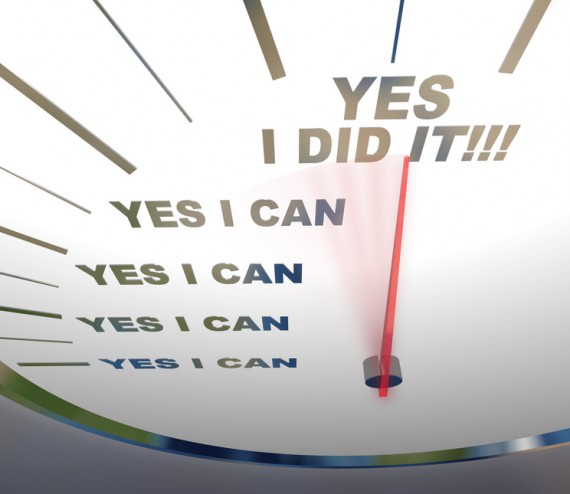Today we are all faced with more and more challenges, which in some ways is good, it is a way for us to expand and grow right?? If your like most people life at times seems as unpredictable as the weather. Just when things are going along smoothly…A major road block appears!

When “life happens” do you feel like you can “rise up” to the challenge? Or do you give up ?Is your motto the glass is always half-full? or half-empty??

What you believe about your own abilities can play a major role in how you feel about a situation as well as the success you will have to achieve your goals in life.

Self Efficacy beliefs should never be compared with outcome expectations, which is when a person begins to judge the consequences of a particular behavior will produce. A confident person doesn’t just “hope for a successful outcome, they anticipate one!

Albert Bandura defines Self Efficacy: Which refers to one’s belief that he or she is capable of successfully performing a certain task to meet a goal.
If you are of the belief that accomplishing a task which you never accomplished before is not likely or you doubt your ability, your Self-Efficacy is low you will never challenge yourself to improve. Each obstacle becomes a problem or issue which fuels excuses and validation of why is is better to give up and quit! The past becomes future reality. Yet if you set your beliefs much higher than your ability it is possible you will set your goals too high and fail to achieve your goal, become discouraged and quit. Self-Efficacy is best applied when your goal is set just above your current ability. Here self mastery is born, issues and challenges are no longer a problem, they are a part of what abilities need improvement. Each failure enhances focus on areas of knowledge which need further attention.

We acquire Self-Efficacy beliefs when we are in our early childhood. Past experiences (good or bad) become the foundation of our “future-self.”

As we become older the blue print of who we are becomes part of a new belief system. However, just like the old blue print, a new blue print can be developed and implemented to achieve future goals.

Needless to say in order to create a strong Self-Efficacy we must first change our belief about what we are capable of within our current abilities.
Never believe what another person tells you. You have greatness within. What one man or woman can do another man or woman can do.

Here are four ways to improve Self-Efficacy:
Momentum
When bad experiences of the past which tend to not align with expectations happen in our lives we are more likely to not deal with an issue or challenge. However if we master an issue or challenge we develop a different perspective on our abilities. Each successful experience leads to a stronger Self-Efficacy.
Modeling
Encouragement
State
Be aware of emotions, moods, and physical reactions they may influence how you feel about your abilities. Notice when you become nervous or stressed. This can influence your current belief’s which can weaken your Self-Efficacy. When confidence is present, nervousness, stress, and anxiety diminish. Evaluate your emotional state, become aware of how you feel when an unfamiliar issue or challenge presents itself. Controlling your state can have a positive impact on your Self-Efficacy beliefs.

This week develop an awareness of your current emotions. Notice what your reaction is when confronted with a situation or challenge.
Our perception and interpretation of our emotions can influence and strengthen our Self-Efficacy
~Stay Strong~
Did this help you? If so I would greatly appreciate it if you commented below and shared on Facebook.
~Steven~



Recent Comments